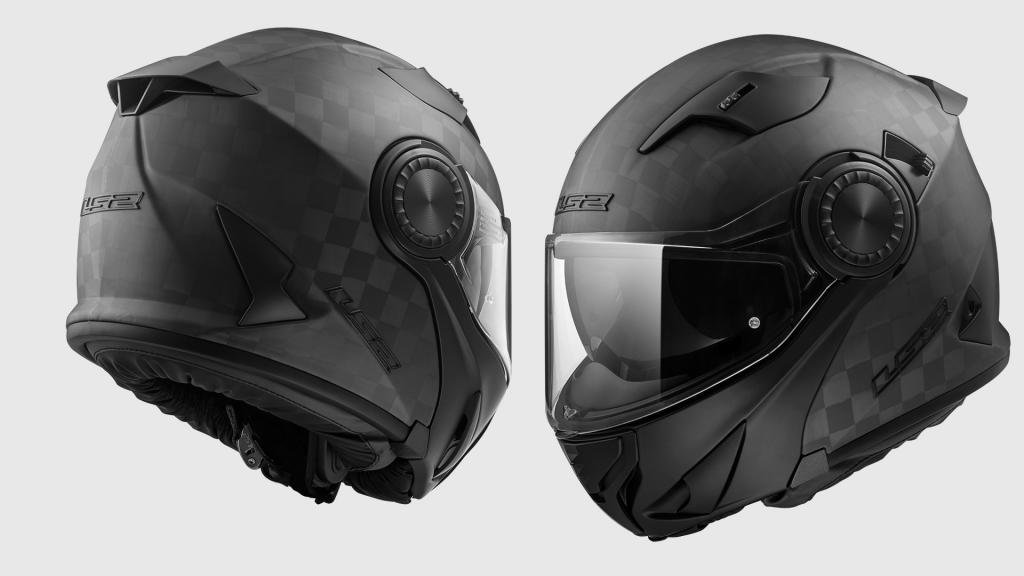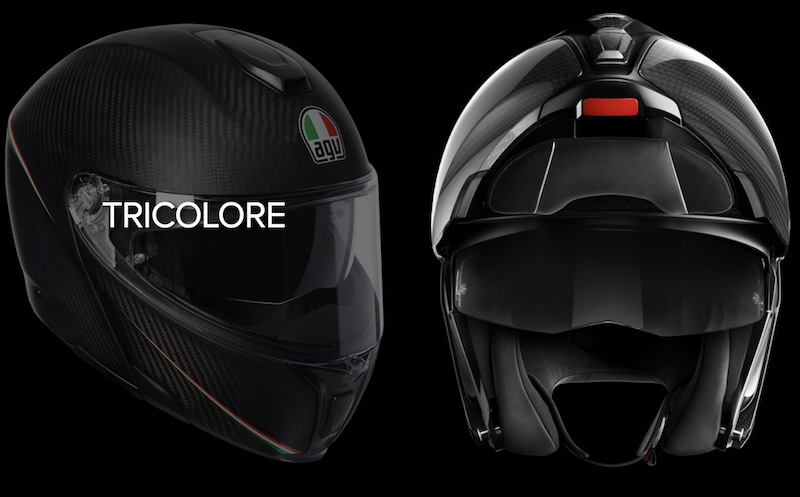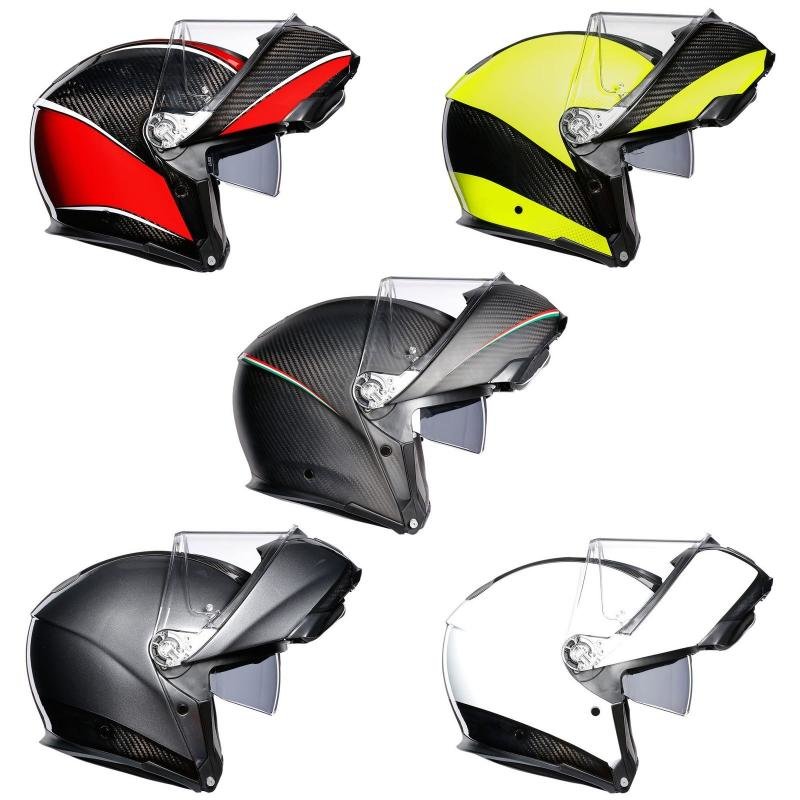[h=2]Units of Thermal Conductivity[/h] In Imperial units, thermal conductivity is measured in BTU/(hr·ft·F).
The Thermal Conductivity with Carbon is very LOW?
[h=1]Benefits of Carbon Fiber Motorcycle Helmets[/h]Although the research and development of helmet technology began in the 1930’s, it wasn’t until the mid to late-1950’s that carbon fiber technology was introduced. What was once a problematic and inefficient development, lead to one of the strongest fibers to be used in motorcycle helmet construction.
What sets carbon fiber technology apart from other materials is the alignment of atoms that make up the material. The carbon fiber itself typically measures only 5 micrometers in diameter and consists of mostly carbon atoms. The atoms bond together in a crystal alignment that runs parallel to the long axis of the fiber. This unique composition creates an extremely strong fiber for its size. Large pieces of carbon fiber material are produced by bundling thousands of these smaller fibers together and weaving them into a fabric. It can then be combined with a plastic resin, creating the carbon fiber reinforced polymer known as carbon fiber.
When carbon fiber technology was introduced to motorcycle helmets, the benefits to riders increased drastically:
Strength
Carbon fiber motorcycle helmets are stronger than those made with other commonly used materials. It can also be combined easily with other strong materials like Kevlar to create a stronger helmet shell. Carbon fiber motorcycle helmets offer an unparalleled level of shock deflection; during impact force is distributed equally across the surface rather than staying centralized to the impact area.
Durability
Carbon fiber motorcycle helmets provide a higher level of durability than other helmets. Cosmetically, they provide a higher scratch and crack- resistance than fiberglass helmets. Carbon fiber motorcycle helmets are also lighter than other helmets and surprising light given their strength, making them easier to wear.
Weather Management
Carbon fiber motorcycle helmets are perfect for all kinds of weather and are often made with breathable vents to accommodate warm weather riders. They are lightweight and offer riders ease of mobility and reduced weight/stress on the neck.
Another advantage of carbon fiber motorcycle helmets is that they adjust well to cold weather climates. A major concern for cold weather riders is the “fog factor” which affects your ability to see road conditions. Most carbon fiber helmets are built with anti-fog systems that combat reduced visor visibility.
Carbon fiber motorcycle helmets also offer an added level of noise protection, which is a huge advantage for reducing the amount of wind noise you experience. Reduced wind noise allows you to focus on traffic sounds, and also reduces your risk for hearing loss.
Overall, a carbon fiber helmet offers riders increased safety, durability and a more comfortable riding experience. It’s no surprise that decades of research and development for fiber technology has lead to industry domination by carbon fiber.
Carbon fiber motorcycle helmets range in price from around $200 to $1,000 (USD) and come in a variety of shapes and helmet types. If you haven’t ever tried one of these helmets, I recommend heading to your local dealer, getting fitted and at least talking to a specialist about the benefits of a carbon fiber motorcycle helmet.






